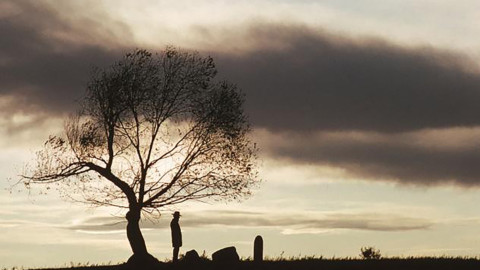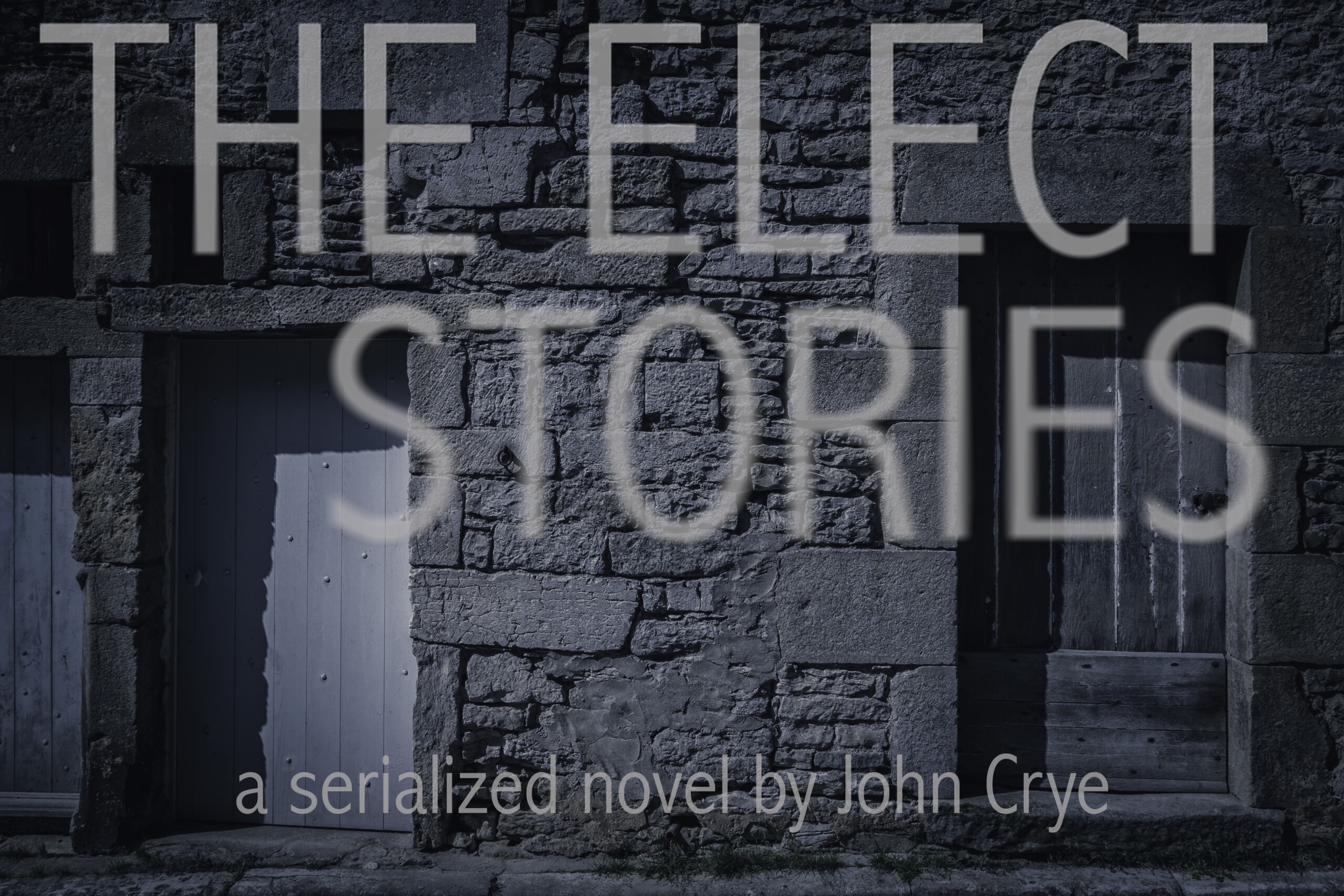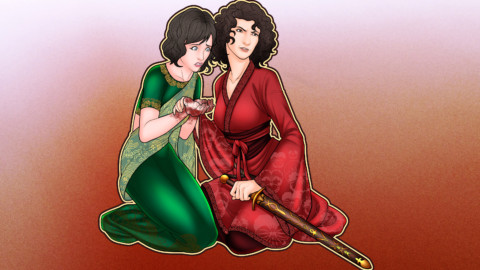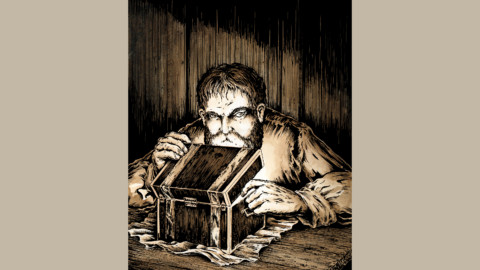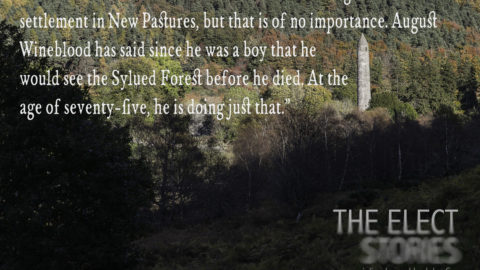“If you want to be a writer, you must do two things above all others: read a lot and write a lot. There’s no way around these two things that I’m aware of, no shortcut.” That’s Steven King’s advice to aspiring writers from his excellent book, “On Writing.” I coach writers in my True Development program, and that second part of the advice – the bit about writing a lot – I have said to my clients again and again. Want to improve? Write more. Feeling blocked? Write more. Just sold your screenplay? Write more. If you don’t listen to me, take it from Uncle Stevie. There is no shortcut.
The second part, though? I confess that I am not a consistent reader. I can go through months, even years, of voraciously gobbling up books only to spend an equal period of time in a sort of reading hibernation, satisfying my appetite for story with film and television instead. I have noticed, though, that I do read more just before I start to write something new. This wasn’t an intentional routine at first, but it has become one. I read to retrain my brain to think in words, to start imagining the story within the frame of the page again.
I usually read historical non-fiction when I’m writing “The Elect Stories,” gleaning “period” details here and there that I can utilize in my stories to ground the fantasy elements in a sense of reality. For instance, in this month’s chapter, “Reward, or, The Calling of Gelgarth Arbekka,” the weary old Rider cleans the rust from his chainmail coat with a sand and vinegar scrub, a method that can be traced back at least as far as the Romans, but nothing I’d have known about had I not stumbled across that fun tidbit in a book about arms and armor. Sometimes, though, if I want to set my writing mind into a particular rhythm, I’ll read fiction that has the tone and rhythm that I am aiming for. To avoid walking in another Fantasy writer’s steps, I look for writers that I enjoy who work in a different genre. When writing the chapters following Gelgarth Arbekka, who would be described in High Fantasy terms as a “ranger” or perhaps a “cavalier,” I shifted my attention to Westerns, substituting cowboys and wild west lawmen for my Riders of the Wyrn. I read Louis L’amour’s short stories, hoping to suffuse my own writing with his combination of vivid romanticism and propulsive forward motion. It is a high bar to set for myself, but that’s one reason why Uncle Stevie didn’t just advise us to write.
Photo 11894929 © Ostroumov Anatoly | Dreamstime.com


